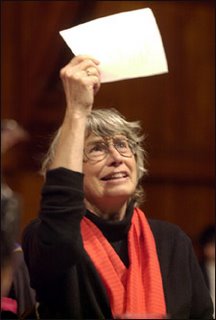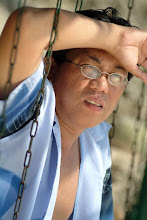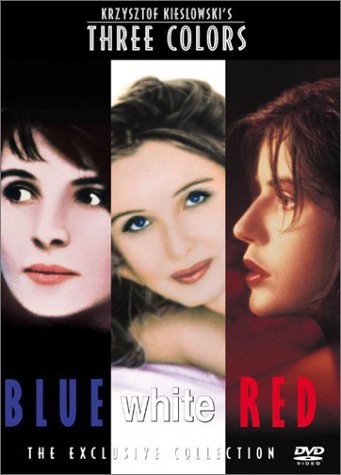
On being ruthless with one's commitment to creativity:
"It is six A.M., and I am working. I am absent-minded, reckless, heedless of social obligations, etc. It is as it must be. The tire goes flat, the tooth falls out, there will be a hundred meals without mustard. The poem gets written. I have wrestled with the angel and I'm stained with light and I have no shame. Neither do I have guilt. My responsibility is not to the ordinary, or the timely. It does not include mustard, or teeth. It does not extend to the last button, or the beans in the pot. My loyalty is to the inner vision, whenever and howsoever it may arrive. If I have a meeting with you at three o'clock, rejoice If I am late. Rejoice even more if I do not arrive at all.
There is no other way work of artistic worth can be done. And the occasional success, to the striver, is worth everything. The most regretful people on earth are those who felt the call to creative work, who felt their own creative power restive and uprising, and gave to it neither power nor time."
On being voracious for the world's feast of paradox:

"... I have found the headless bodies of rabbits and blue jays, and known it was the great horned owl that did them in, taking the head only, for the owl has an insatiable craving for the taste of brains... I know this bird. If it could, it would eat the whole world... The world where the owl is endlessly hungry and endlessly on the hunt is the world in which I live too. There is only one world."
On the identity of the chosen:
Who are you? They called out, at the edge of the village.
I am one of you, the poet called back.
Though he was dressed like the wind, though he looked like
a waterfall
 On the prerequisites of becoming a poem:
On the prerequisites of becoming a poem:"The translation of experience into contemplation, and the placement of this contemplation within the formality of a certain kind of language, with no intent to make contact-- be it across whatever thin or wild a thread--with the spiritual condition of the reader, is not poetry. Archibald MacLeish: Here is the writer, and over there--there is "the mystery of the universe." The poem exists--indeed, gets itself written--in relation between the man and the world. The three ingredients of poetry: the mystery of the universe, spiritual curiosity, the energy of language."
On the in/significance of poetry:
 "Now, of course, in the hives and dungeons of our cities, poetry cannot console, it carries no weight, for the pact between the natural world and the individual has been broken. There is no more working for harvest--only hunting, for profit. Lives are no longer exercises in pleasure and valor, but only the means to the amassment of worldy goods. If poetry is ever to become meaningful to such persons, they must take the first step-- away from the materially bound and self-interested lives, toward the trees, and the waterfall. It is not poetry's fault that it has so small and audience, so little effect upon the frightened, money-loving world. Poetry, after all, is not a miracle. It is an effort to formalize (ritualize) individual moments and the transcending effects of these moments into a music that all can use. It is the song of our species."
"Now, of course, in the hives and dungeons of our cities, poetry cannot console, it carries no weight, for the pact between the natural world and the individual has been broken. There is no more working for harvest--only hunting, for profit. Lives are no longer exercises in pleasure and valor, but only the means to the amassment of worldy goods. If poetry is ever to become meaningful to such persons, they must take the first step-- away from the materially bound and self-interested lives, toward the trees, and the waterfall. It is not poetry's fault that it has so small and audience, so little effect upon the frightened, money-loving world. Poetry, after all, is not a miracle. It is an effort to formalize (ritualize) individual moments and the transcending effects of these moments into a music that all can use. It is the song of our species."

























































5 comments:
nice post, myke. i'm a big fan of mary oliver. :)
Hi, Brod Joel! Thanks for dropping by. And congrats to your first international prize! More to come, I know. :)
Mary Oliver has sometimes this uncanny sense that makes the reader feel as if she's talking about him or her. i've only read a few of this middle-aged blonde's work (I ain't been much of a reader nowadays), and if they'll be compared to songs I could probably compare it to David Gates'. It's soulful yet gripping, easy yet compelling.
It's really hard to piece these things together but the fact that no one really universalizes a prose or anything like it, you might as well let the blow of the dawn rise up the solid sequence you put in parlance play. It's so Oliver.
Post a Comment